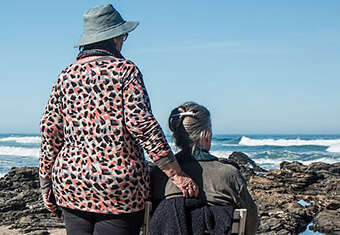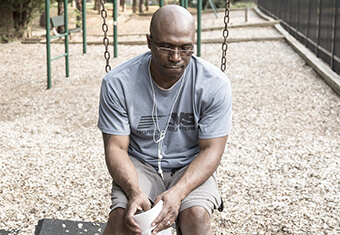If you’re preparing for your wedding or registering your civil partnership, then congratulations!
Almost certainly the last thing on your mind, as you’re discussing menu plans, flowers, etc. is your will or testament. But the succession rules of England and Wales may surprise you. Getting married or registering a civil partnership revokes any prior will you may have.
There is an exception to this rule. You can do your will in advance, and state that the will is ‘in contemplation’ of the marriage/civil partnership. Then your will remains valid, even if the marriage doesn’t actually take place.
Alternatively, you can specify that your will is ‘conditional upon’ your marriage happening, which might be handy if you want to cater for the possibility of someone getting cold feet and calling the whole thing off. After all, you might not want your will to pass assets to your intended, if they’ve just jilted you at the altar!
Does it matter if my will is revoked?
If your marriage has just revoked your will, it means the intestacy laws apply if you were to die. These may not be in line with your wishes.
Under these laws, if you have no children, then your new spouse is entitled to everything you own.
If you have children, your spouse will get all of your assets worth up to £322,000. If your estate is worth more than £322,000, it will be divided between your spouse and your children:
-
- Your spouse gets all your personal belongings, £322,000 in assets and half the rest
-
- Your children get the other half share above £322,000. If any of your children have died before you, their children will inherit in their place.
An important note: The intestacy rules only recognise biological or adopted children. That means step-children and foster children don’t inherit.
Capacity and ‘predatory marriage’
Automatic revocation of a will upon marriage is becoming contentious. There are numerous examples of elderly people who sadly no longer have capacity to make a new will.
But many people aren’t aware that there are different levels of legal capacity, depending on what you’re doing. So, the ‘amount’ of capacity needed to get married is lower than the level of capacity needed to give instructions for a new will.
This means someone may have sufficient capacity to marry, which automatically revokes their will, but insufficient capacity to do a new will afterwards.
If you’re one of the beneficiaries of that old will, which was automatically revoked, you may not be too happy to learn the new spouse will inherit (perhaps everything) under the intestacy rules.
Concerns about ‘predatory marriages’, where elderly or vulnerable people are persuaded to marry someone they’ve only recently met (for example a carer or neighbour) are increasing. This is putting the automatic revocation of wills on marriage under the spotlight.
After all, there’s an argument that if someone doesn’t have capacity to make a new will, they equally don’t have capacity to revoke their existing will. Which rather begs the question of whether it’s right for the laws of England and Wales to revoke someone’s will automatically upon their marriage.
Pending any change of the law, however, this is one rule to be aware of.
Jo Summers TEP, Partner, Jurit
 UK
UK  Canada
Canada




